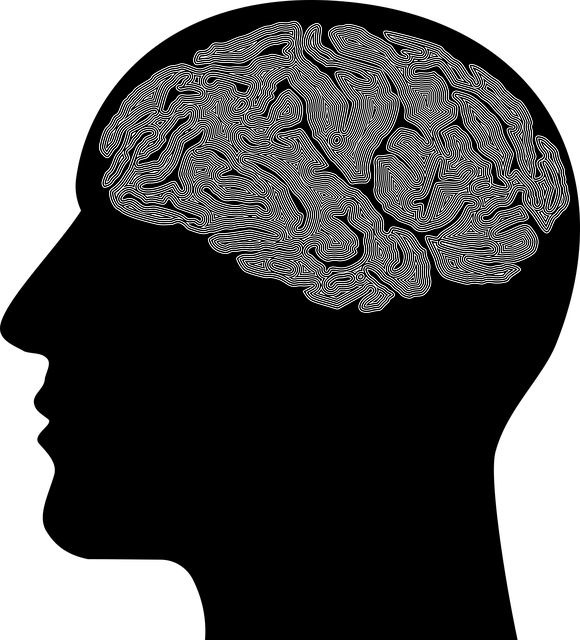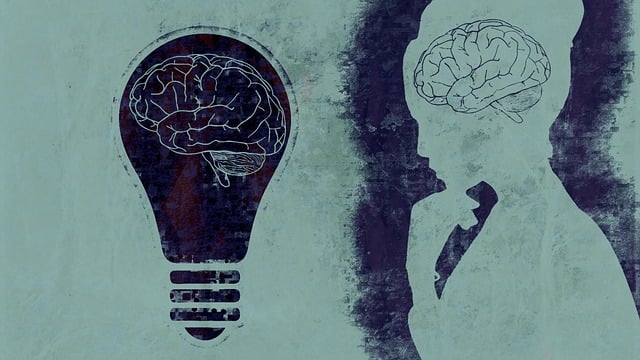Burnout among healthcare providers is a significant concern, exacerbated by high-stress work environments. Early recognition of symptoms like irritability and decreased job satisfaction is key. Strategies to combat burnout include mental wellness coaching, open communication, self-care, and engaging in activities outside work. Arvada Spiritual-Religious Issues Therapy (SRIT) offers a holistic approach, integrating spiritual beliefs into traditional therapy to reduce stress, enhance purpose, and promote work-life balance. Evidence shows SRIT improves job satisfaction, reduces stress, and enhances overall well-being through practices like meditation and mindfulness. Structured programs, policy initiatives, peer support, and self-care routines further mitigate burnout risks, fostering a positive culture where healthcare professionals feel valued and empowered.
Healthcare provider burnout is a growing concern, impacting not just individuals but the broader healthcare system. This comprehensive guide explores strategies to prevent burnout among healthcare workers, focusing on holistic approaches and evidence-based practices. We delve into identifying signs and root causes, including the role of spiritual-religious issues therapy, as seen in Arvada. Additionally, we highlight building supportive environments and enhancing resilience for long-term well-being.
- Understanding Burnout Among Healthcare Providers: Identifying Signs and Causes
- Integrating Spiritual-Religious Issues Therapy in Burnout Prevention
- Evidence-Based Strategies for Enhancing Resilience and Well-being
- Building Support Systems and Fostering a Healthy Work Environment
Understanding Burnout Among Healthcare Providers: Identifying Signs and Causes

Burnout among healthcare providers is a growing concern, impacting not only individual well-being but also patient care and the overall quality of services rendered. It’s essential to recognize that burnout isn’t merely fatigue; it’s a complex condition stemming from prolonged exposure to demanding work environments. Healthcare professionals often face high-stress situations, long working hours, and emotional demands, which can lead to feelings of exhaustion, cynicism, and detachment. Identifying signs early is crucial for effective prevention strategies.
The symptoms of burnout can be subtle but significant. These may include increased irritability or frustration with patients, decreased job satisfaction, changes in sleep patterns, and a sense of disconnection from work. In some cases, spiritual-religious issues might play a role, as providers grapple with ethical dilemmas or the weight of life-and-death decisions. Fortunately, various strategies can help address these challenges. Mental wellness coaching programs and communication strategies that foster open dialogue and support systems can mitigate burnout risks. Additionally, engaging in activities outside work, practicing self-care, and participating in mental wellness podcast series production can contribute to overall development and resilience.
Integrating Spiritual-Religious Issues Therapy in Burnout Prevention

In today’s demanding healthcare landscape, burnout among providers is a persistent issue, with many turning to unconventional methods for prevention. Integrating Arvada Spiritual-Religious Issues Therapy (SRIT) offers a unique approach to address the holistic well-being of healthcare workers. SRIT recognizes that spiritual and religious beliefs play a significant role in an individual’s overall mental wellness. By incorporating practices such as meditation, mindfulness, and spiritual reflection, this therapy provides a safe space for providers to process their experiences and emotions, fostering resilience against burnout.
The effectiveness of SRIT has been explored through various initiatives, including Community Outreach Program implementations and Mental Wellness Podcast Series productions. These programs have shown promise in preventing depression and promoting sustainable mental health practices among healthcare providers. By acknowledging and integrating spiritual-religious aspects into traditional therapy, healthcare professionals can better manage stress, enhance their sense of purpose, and maintain a healthier work-life balance.
Evidence-Based Strategies for Enhancing Resilience and Well-being

In the ongoing effort to combat healthcare provider burnout, evidence-based strategies have emerged as powerful tools for enhancing resilience and well-being. One such approach that has gained significant traction is integrating spiritual-religious issues therapy into standard care. This holistic method acknowledges the profound impact of personal beliefs on professional satisfaction and mental health, offering a safe space for providers to explore and process their experiences. Research indicates that addressing Arvada spiritual-religious concerns can lead to improved job satisfaction, reduced stress levels, and better overall well-being among healthcare professionals.
Complementing this therapeutic approach, Mindfulness Meditation and Communication Strategies play pivotal roles in fostering a supportive work environment. Mindfulness practices have been shown to reduce burnout rates by promoting present-moment awareness and emotional regulation. Moreover, effective communication strategies facilitate open dialogue, enhancing team cohesion and reducing conflicts that can contribute to professional stress. Incorporating these techniques into healthcare settings through structured programs and policy initiatives, such as Mental Health Policy Analysis and Advocacy, can create a more sustainable and fulfilling work environment for providers, ultimately improving patient care and organizational success.
Building Support Systems and Fostering a Healthy Work Environment

Building supportive networks is vital for healthcare providers to navigate challenging work environments. Encouraging open communication and fostering a sense of community can significantly enhance job satisfaction. Implementing peer support programs, where medical professionals can connect, share experiences, and offer emotional backing, is an effective strategy. These systems provide a safe space to discuss workload pressures, burnout risks, and spiritual-religious issues that may arise in their practice.
Creating a healthy work environment involves ensuring access to resources that promote self-care routine development for better mental health. This can include providing guidance on stress reduction methods, such as mental wellness journaling exercises, to help healthcare providers maintain balance. By prioritizing the well-being of staff, organizations can create a positive culture where professionals feel valued and empowered, ultimately reducing burnout rates.
Burnout among healthcare providers is a pressing issue, but through a multifaceted approach incorporating evidence-based strategies like Arvada Spiritual-Religious Issues Therapy, enhanced resilience, robust support systems, and healthier work environments, we can mitigate these risks effectively. By prioritizing well-being and fostering a supportive culture, the medical community can not only prevent burnout but also improve patient care and overall job satisfaction.











